Jhalakathi, May 06 (V7N) - Approximately half a million people in three unions of Kantalia in the coastal district of Jhalakathi are facing severe distress due to a lack of access to clean water. The inability to install deep tubewells in Chechri Rampur, Patikhalghata, and Amua unions, out of the upazila's six, due to excessive salinity in the deep groundwater, has forced residents to rely on rainwater, ponds, and other untreated sources for their daily needs. This has been the reality for years, leading to a high prevalence of water-borne diseases throughout the year.
The geographical location of these three southernmost unions of Kathalia, being close to the sea, results in saline contamination of tube well water. Tests conducted by the Barisal Zonal Lab of the Department of Public Health Engineering in one of the unions revealed salinity levels ranging from 2,500 to 3,000 parts per million (ppm), significantly exceeding the human body's tolerance level of 1,000 to 1,500 ppm. Consequently, local residents resort to storing rainwater in large tanks during the monsoon season. Once this supply depletes, a severe clean water shortage ensues. Low-income families in this remote area have been purifying pond and well water with alum or other medicines for drinking purposes for years. However, those who cannot afford these purification methods are compelled to use the salty water for cooking, washing, and bathing.
Md. Saifur Rahman, the Kathalia Upazila Public Health Engineer, reported that out of 96 shallow tube wells in these three unions, most are non-functional. Since the 1980s, the government installed 172 pond-side water filters (PSFs), but almost all of them are now unusable. Subsequently, four desalination plants were set up, but these too are on the verge of ruin. To address this critical situation, a site has been selected under the Human Resource Development Project, and water samples have been sent for testing. The Human Resource Development Project aims to supply pure water through a 62-kilometer pipeline to Chechri Rampur, Amua, and Patikhalghata unions.
Lovely Begum, a reserved female member of Banai village in Chechri Rampur union, shared the difficulties faced by her community: "Deep tube wells don't work in our union. Even if one or two are installed, the water is salty. We collect rainwater for drinking. When that runs out, we use pond water treated with alum or purifying tablets. Often, this water is also scarce. Those who can't afford treatment use dirty water, leading to constant water-borne illnesses."
Abdur Rashid, an octogenarian from Patikhalghata Union, recounted his lifelong reliance on untreated water sources: "I have been drinking rainwater or pond water my entire life, and I've seen my neighbors do the same. I have to use this water for everything, even laundry and cooking. I urge the government to provide a permanent clean drinking water system."
Mostafa Kamal, Panel Chairman of Patikhalghata Union Parishad, recalled past unsuccessful attempts to install deep tubewells and suggested re-testing the water now. He emphasized the ongoing reliance on rainwater and untreated surface water, calling it "very painful" and appealing to the government to prioritize providing potable water to thousands in the area.
Sohel Jamaddar, Panel Chairman of Chenchri Rampur Union Parishad, questioned the feasibility of deep tubewells in their union and pointed out the ineffectiveness of most existing PSFs and desalination plants. He stated that they have appealed to the Public Health Department and higher levels of government for a safe drinking water system, suggesting desalination plants as the most viable solution, proposing two per ward to resolve the water crisis. He also urged the government to implement any other better alternative.
Upazila Executive Officer (UNO) Md. Zahirul Islam acknowledged the severe potable water shortage in all three unions. He stated that a new pipeline project has been initiated to supply water, with the initial phase covering Chechri Rampur, Amua, and Patikhalghata unions, and subsequent phases extending to other unions. However, he noted that consumers will be required to pay a small fee for this piped water supply.
END/AIJ/RH/



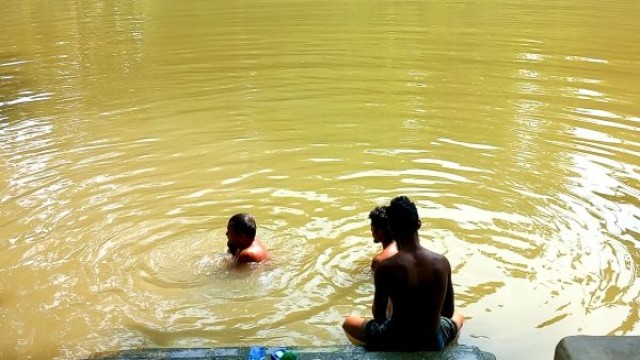
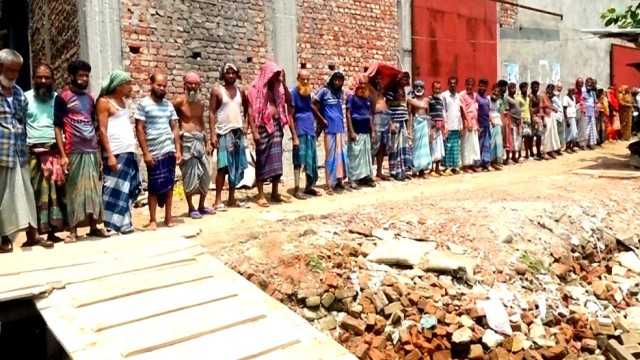
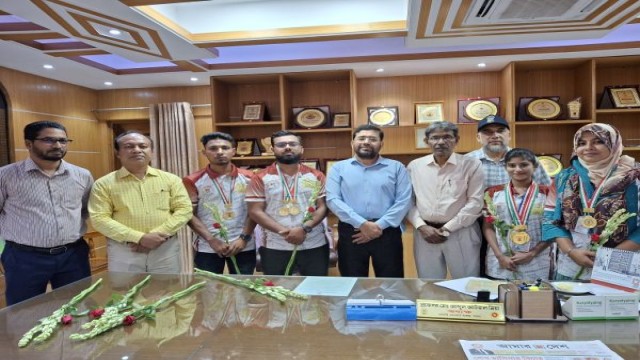
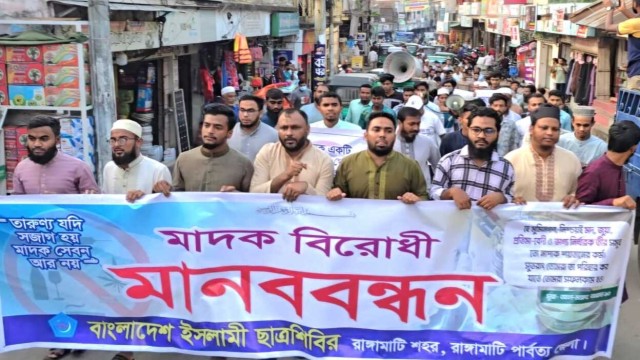
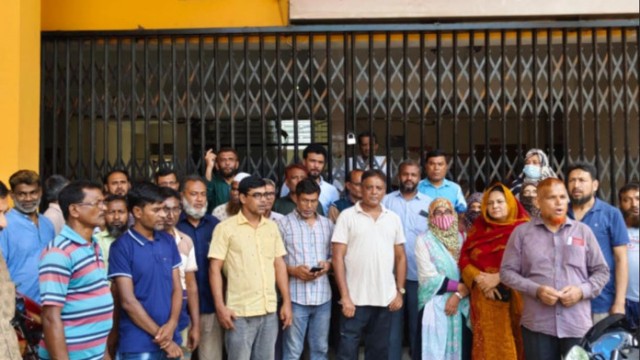
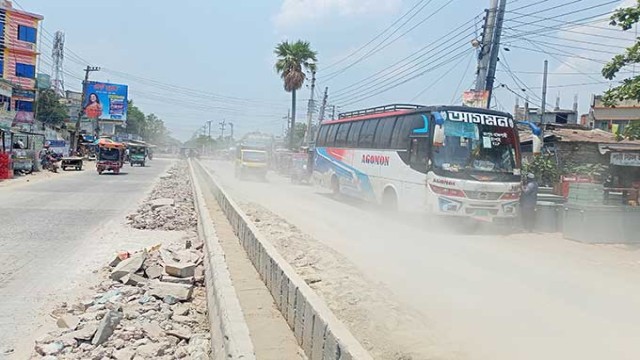
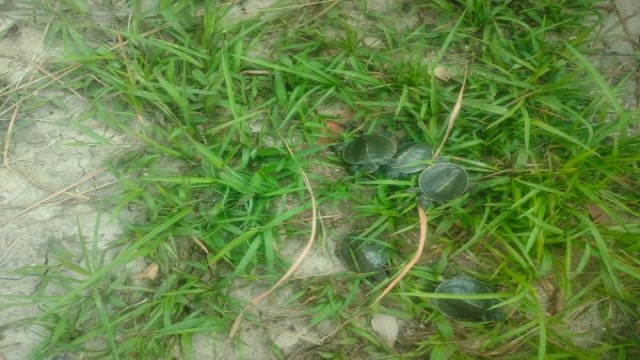
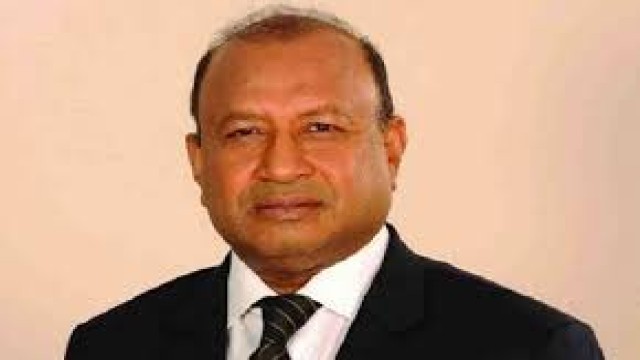
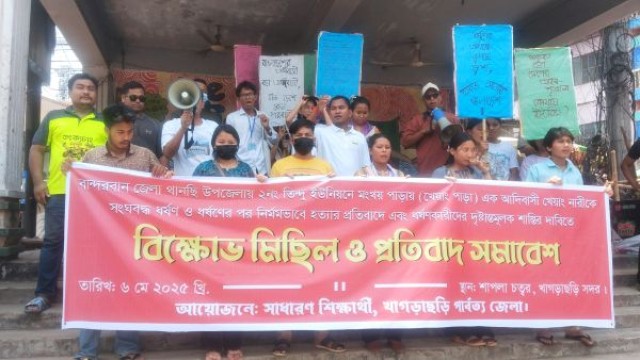
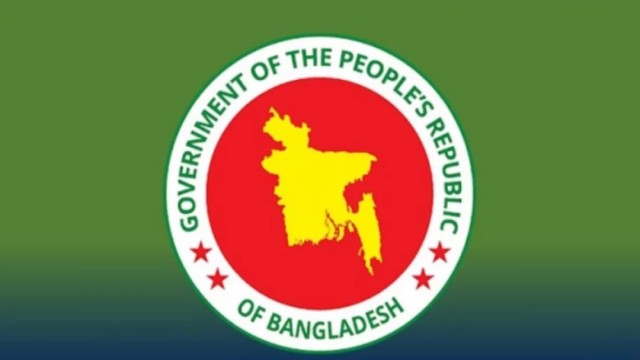
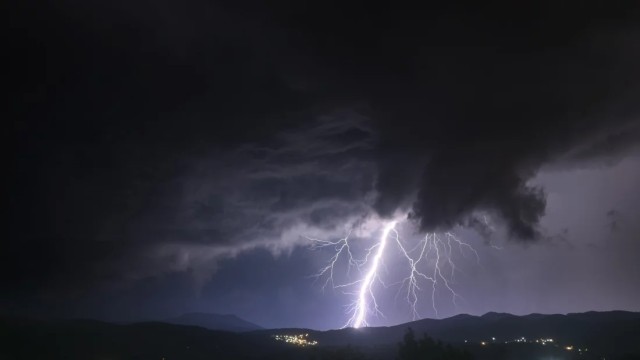

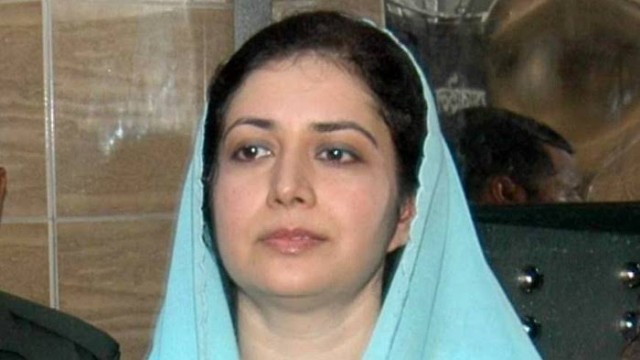


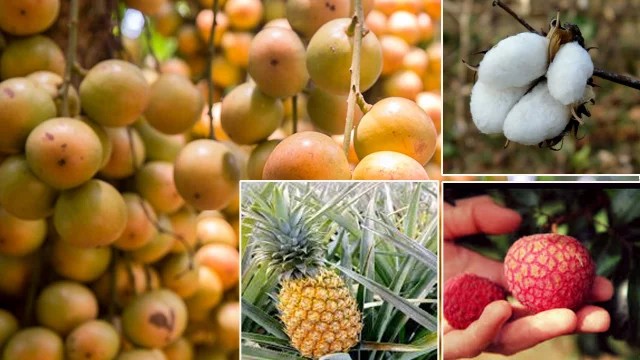
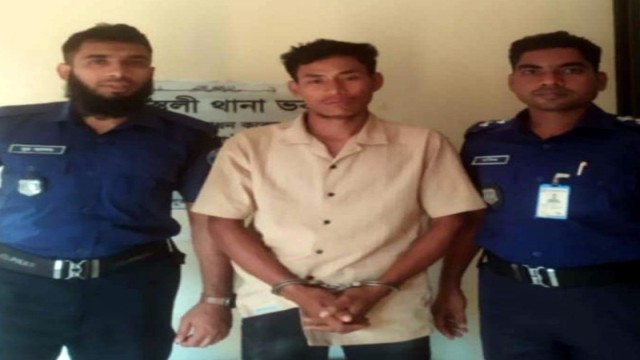
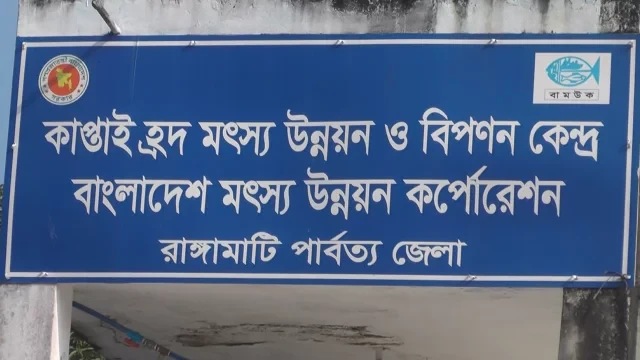
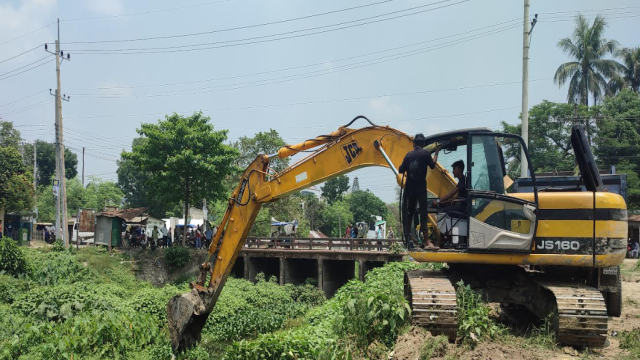
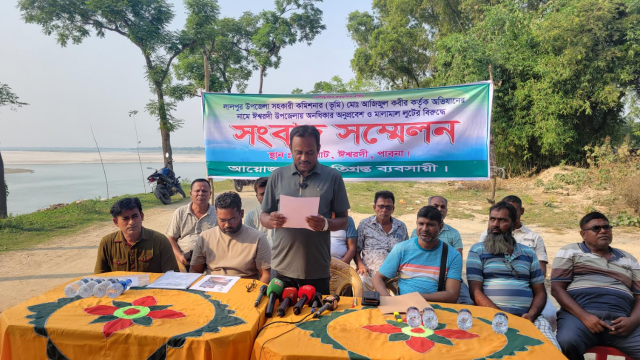
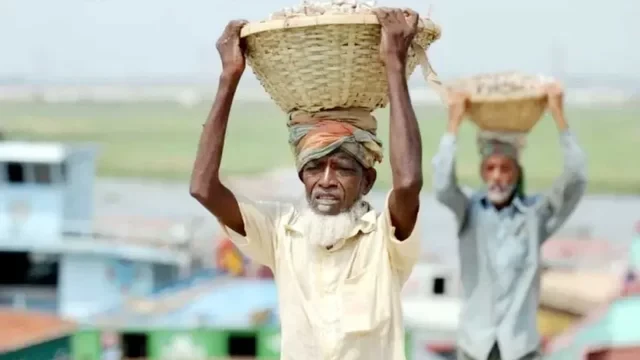
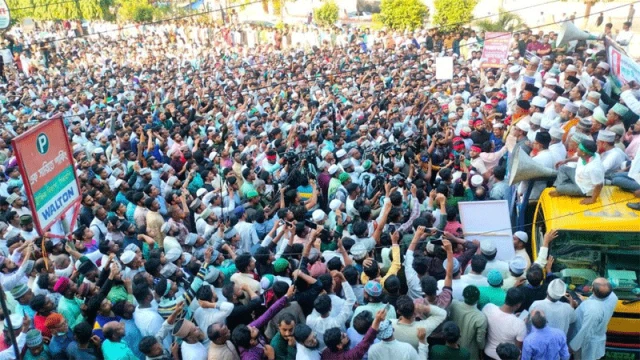
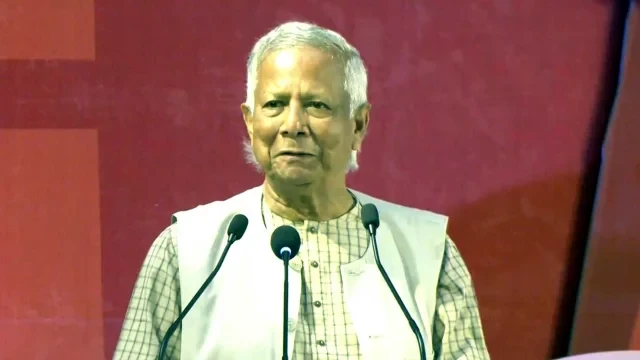

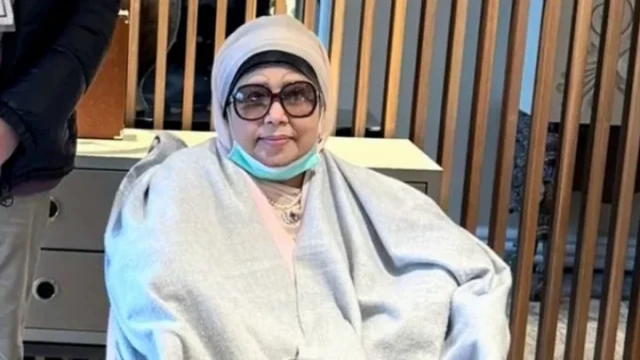
Comment: